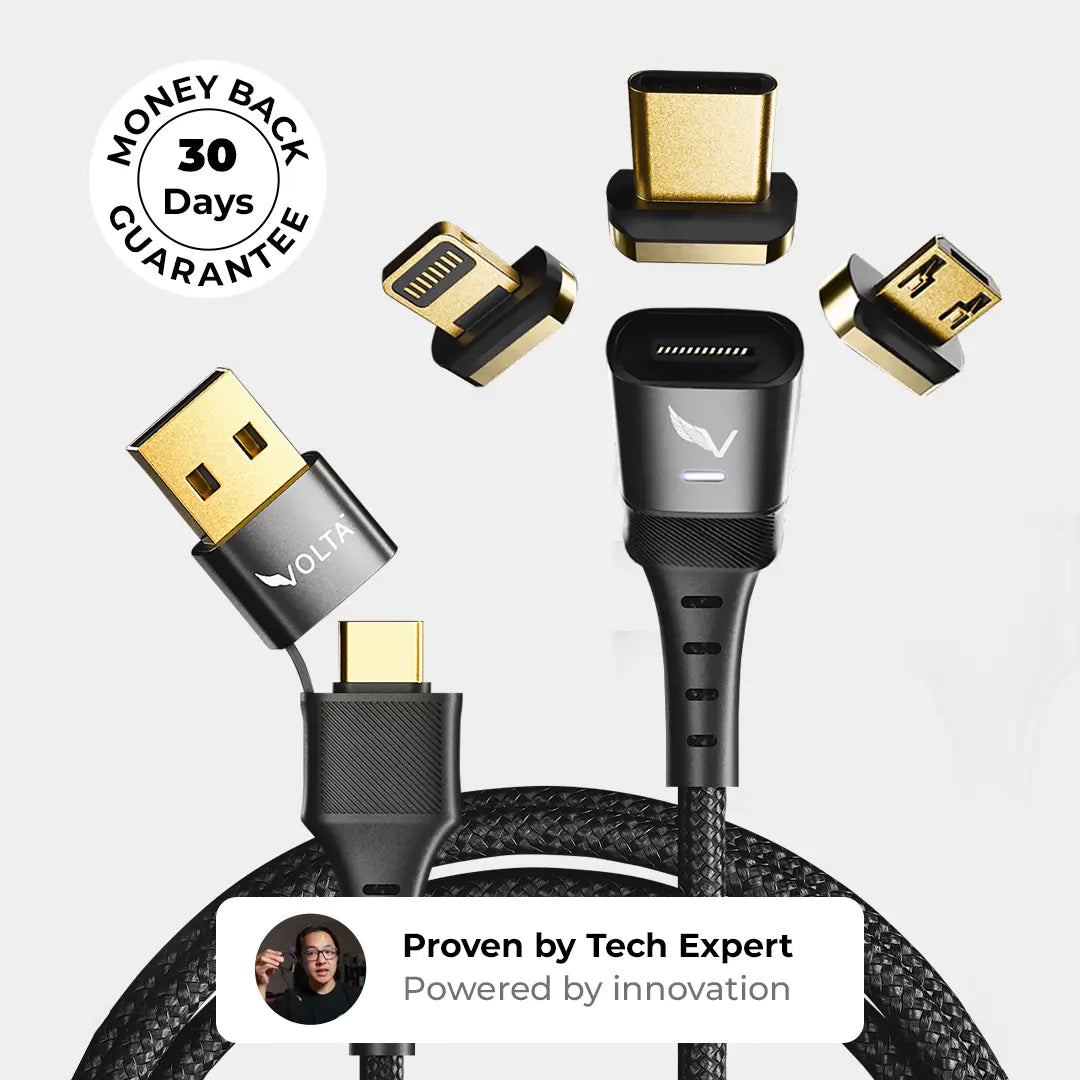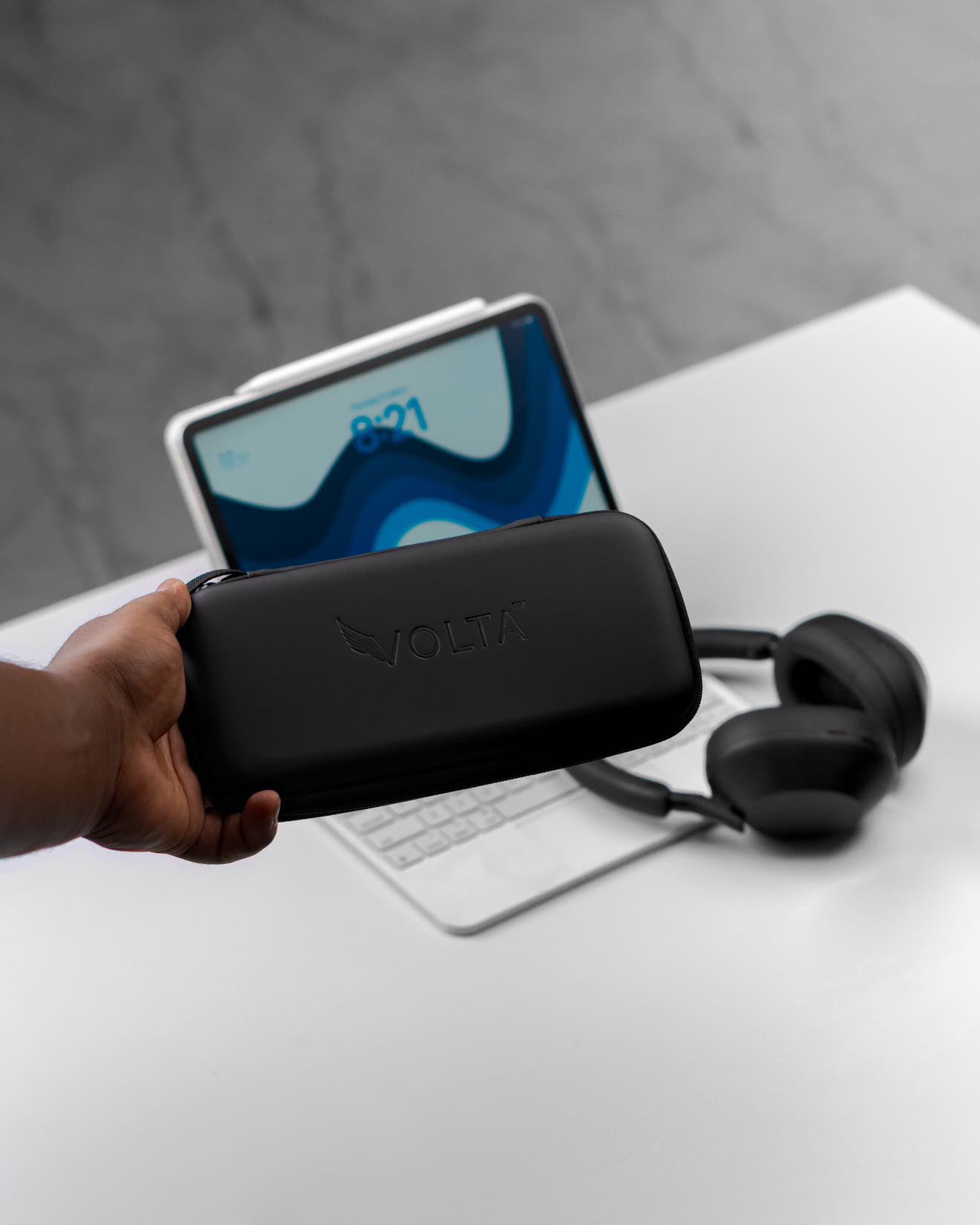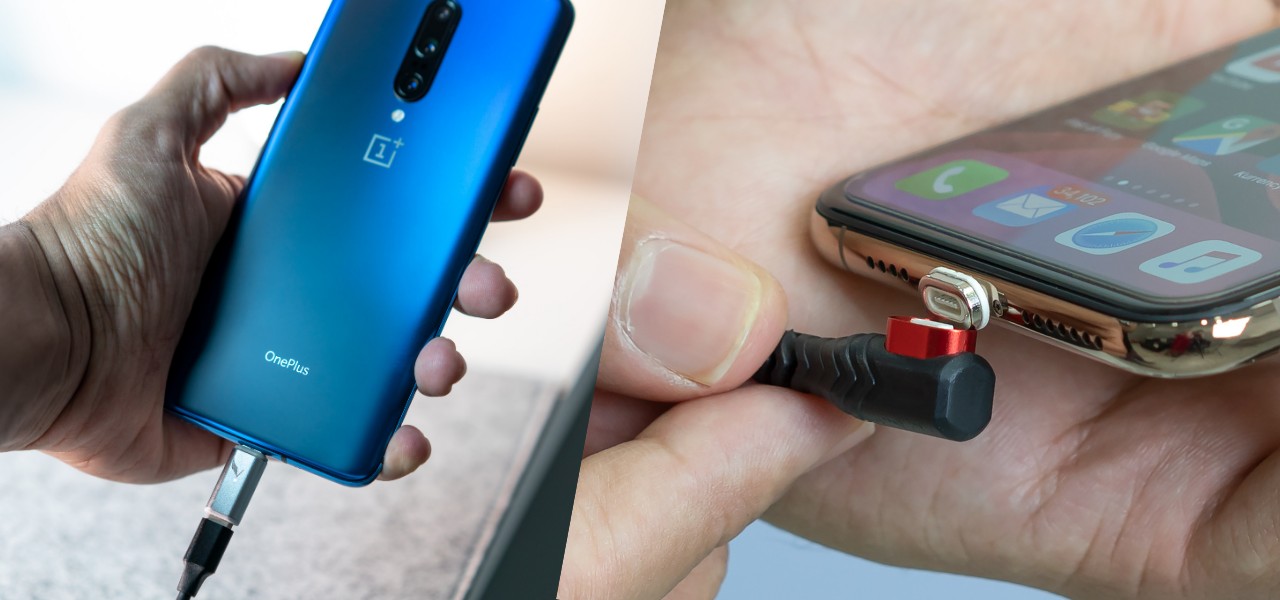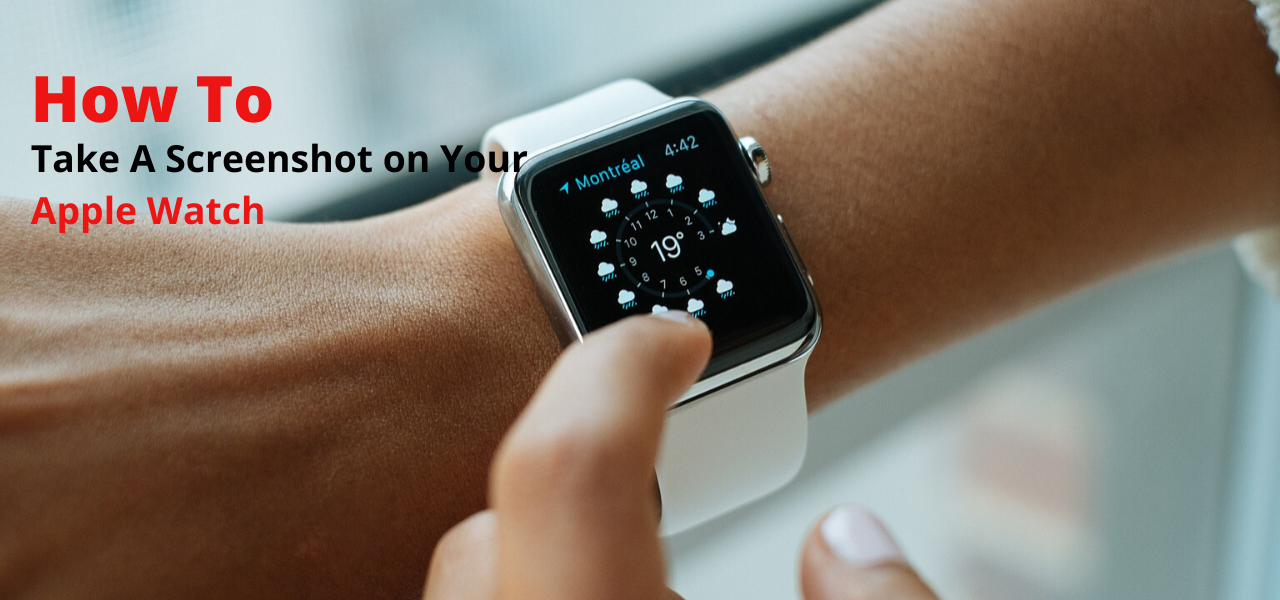Information. The world we now live in is controlled by those who have data and information at their fingertips. With your information, anyone can do whatever they want to you. Your mobile phone is one of the places where almost everything about your life is stored - friends, family, pictures, banking information, job information, and so much more. It thus cannot be overemphasized that your mobile phone should be guarded at all times.
But that’s not possible. Now and then, you will lose sight of your phone, and even when you don’t, there are technologies that now allow thieves to get into your phone without physical contact. And even when you keep your phone away from thieves, situations arise, and you unknowingly damage them.
In this age where you are highly susceptible to phone theft, you need new ways to stay ahead in protecting your mobile phone from sniffers and pickpockets. We spoke with security experts, and they gave us some insightful tips to help secure your phone in 2019.
Buy a Phone Case
One of the cons of phones is their fragility. From the first fall of your smartphone, you begin to fear for its soon-to-come end. It is good that you’re afraid because not everyone is worth millions of dollars or can afford to buy a new iPhone 11 every single day. The solution to the fragility of phones is being explored by phone case manufacturers. So, rather than spend over a thousand bucks on a new phone, $20 - $50 would get you an excellent phone case. Phone cases manufacturers now allow people to design their phone cases with a few buttons drags and clicks. Not to worry, if you use wireless charging with your phone, there are phone cases that support wireless charging. These are the best iPhone cases for 2019.
Have you also thought about using a simple case to hide the actual worth of your phone? This is you using the “hiding in plain sight” strategy. It calls fewer people to you, and there is a better chance of your phone not getting stolen.
Don’t Leave Your Phone in the Open
So many times, when you are out for lunch or dinner with your friend, you get so invested in the discussion that you forget your phone is sitting idle on the table. Other times, you leave your phone on your car’s dashboard, console, or seat. You can also decide to leave your phone in the hotel while you take a quick stroll along the beach just to clear your head. During times like these, you leave your phone open to strangers and thieves. It would be better to keep your phone on your person, either in your pocket or in a bag.
Use Passwords and Biometric Protection
While it should be the first step to securing your phone, the mistake a third of smartphone users make is not using a password to protect their phones. Most smartphones these days have at least a fingerprint lock system, which makes it difficult for unwanted persons to get on your phone. Apart from using the fingerprint lock on your phone, you can also add a layer of password protection. A combination of letters, numbers, and special characters in your password will give you a stronger password, which would be difficult to guess. Also, you should change your password at least every six months.
Although it is safer to use passwords with a series of numbers, letters, and symbols, it is harder to remember them. Google Chrome and Samsung have proprietary phone apps that save passwords for you. However, security experts suggest using a password manager. Password managers store all your passwords in a single encrypted and password-protected app. Some also generate and remember strong passwords. Also, do not use the same password for multiple accounts.
Use VPN Protection for Your Data
Who doesn’t like free stuff? That’s why you always connect to the public Wi-Fi when you are at the library, airport, or cafe. But these public networks are dangerous to the security of your phone because your device becomes susceptible to attackers who may be sharing the network with you. To use public Wi-Fi safely, consider using a VPN (Virtual Private Network). A VPN protects your data from being spied on by anyone else who may be using the same network. VPNs can mask data transmissions, maneuver around censorship, and avoid filtering.
"Mobile devices are now central to most people's lives and contain private memories and personal information that we wouldn't want compromised. Mobile platforms have continued to focus on improving device security such as whole-device encryption, regular updates and increasingly in 2019 more extensive privacy and security controls. Biometrics such as fingerprint and face recognition have been proven to be weak protection methods but are still better than no passcode. Users would be wise to take precautions such as setting a secure passcode to help prevent unauthorized access by people with physical access and to be wary with which apps and cloud services they share personal information. Organizations can help protect the security of their users by making sure their apps and services are evaluated by security professionals as the mobile space, and it's potential attack vectors, are rapidly changing."
Thomas Cannon (Principal Secuity Consultant, NCC Group)
Install Tracking Apps
While you may have secured your phone from being accessed, wouldn’t it be better if you could find out exactly where it is in case it gets stolen? Some apps can track your phone and even shut it down when you report it stolen. To ensure it works the way it’s supposed to, the app has to be active on your device.
What you need to do is use another device to locate your smartphone, and then, you can either lock the device, or sound an alarm.
Taking it higher, a free version of AVG antivirus has a camera trap picture. Once anyone tries your PIN code three times consecutively and fails it, a photo of the person using the phone is taken and emailed to you.
Watch out for App Permissions
If you’ve used your smartphone for a while, then you must have come across app permissions. Sometimes, these permissions are absurd and unnecessary to the function of the application. If a torchlight application requests permission to your contact list, that should send some warning signs to you because you have to wonder why a torchlight app needs access to your contact list.
Update Software Regularly
The only trend that has remained since the world came to be is - change. Hackers keep revolutionizing on how to access your phone. While your last update may tackle the previous methods used by hackers, a new method may have a way to penetrate your device. Therefore, you need to keep your phone’s software up to date to have protection against future attacks.








 Thomas Cannon (Principal Secuity Consultant, NCC Group)
Thomas Cannon (Principal Secuity Consultant, NCC Group)




Leave a comment
This site is protected by hCaptcha and the hCaptcha Privacy Policy and Terms of Service apply.